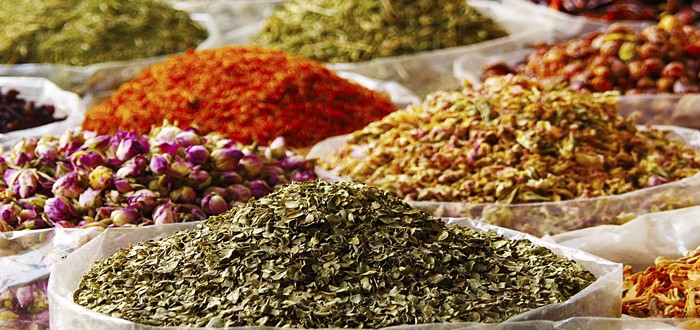The discovery that it may be possible to treat mesothelioma with a drug derived from an Asian spice has researchers at Case Comprehensive Cancer Center in Ohio savoring the taste of triumph.
Their findings appear this week in the print edition of the journal Clinical Cancer Research.
Joined by colleagues from the Georg-Speyer-Haus in Frankfurt, Germany, the researchers demonstrated that curcumin increases levels of a protein inhibitor known to combat mesothelioma progression.
But it’s not curcumin alone that does the trick. It’s curcumin plus the cancer-inhibiting peptide PIAS3.
The researchers report that curcumin in their study raised PIAS3 levels. This in turn tossed a monkey wrench into the machinery of an intracellular protein known as STAT3.
Interfering with STAT3 caused mesothelioma cells to die. According to senior author Afshin Dowlati, M.D., mesothelioma begins when STAT3 kicks into gear.
STAT3, by the way, is shorthand for signal transducer and activator of transcription factor 3. PIAS3 stands for protein inhibitor of activated STAT3.
A signal transducer and activator is a pathway for instructing the growth and survival of cells, says Dowlati, who also is an oncology professor at Case Western Reserve University School of Medicine.
Meanwhile, a transcription factor is a protein that controls genetic information directing cells how to perform, he says.
“STAT3 is notorious for sending signals to trigger the onset of human cancers and to fuel their continued growth,” Dowlati indicates.
He explains that PIAS3 become really strong medicine against STAT3 once curcumin enters the picture.
Mesothelioma Treatment Possibility Includes Curcumin
Curcumin contains a compound that many scientists have long believed possesses anti-inflammatory, antioxidant, and antitumor properties.
Folk medicine specialists have believed the same thing about curcumin, only for centuries longer. For instance, in India, they use it for everything from knocking down a fever to clotting cuts and healing sores.
Curcumin comes from the turmeric plant, which is related to ginger. Turmeric grows like weeds in India and Southeast Asia, so they use a lot of it in their foods to spice things up.
But don’t think you can treat your mesothelioma by reaching for the kitchen spice rack. Dowlati says the effects of eaten curcumin against mesothelioma are not passed from the stomach to the blood stream.
Mesothelioma Clinical Trial Is Next Step
For the study, Dowlati and his fellow researchers looked at PIAS3 expression in mesothelioma tumors they obtained from the Mesothelioma Research Bank.
They also evaluated PIAS3’s effects on STAT3 activity, both before and after introducing curcumin.
The researchers found that mesothelioma patients with low PIAS3 and high STAT3 have a greater chance of dying early. But when PIAS3 is high, the odds of death within a year drop by nearly half.
As an added benefit to the research, the team discovered that PIAS3 could serve as a predictive marker for managing mesothelioma.
Dowlati notes that this study was only a first step. Its purpose was to prove the principle that curcumin and PIAS3 could join forces and act as a formidable fighter against mesothelioma.
The next step will be clinical trials to see how well the concept works in patients.
Case Comprehensive Cancer Center is an NCI-designated Comprehensive Cancer Center. It opened in 1987 and coordinates the research of Case Western Reserve University, Case Medical Center, and the Cleveland Clinic.
The university’s School of Medicine is the largest medical research institution in Ohio. Nine past winners of the Nobel Prize have worked there.

